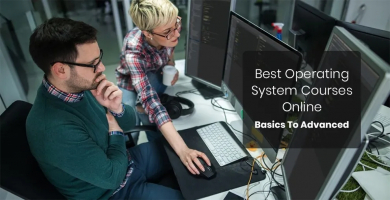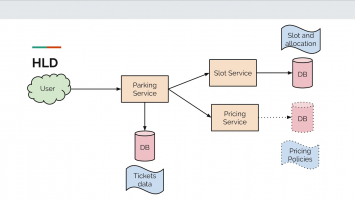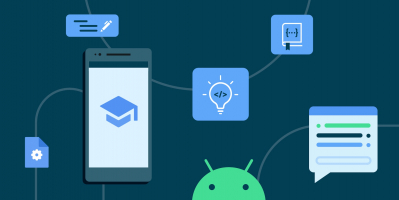Top 7 Best Online Continuous Integration Courses
Continuous Integration is the practice of automatically building and testing code whenever a team member pushes changes to version control. After each little ... read more...job is completed, CI encourages developers to contribute their code and unit tests by merging their modifications into a shared version control repository. When you commit code, an automated build system retrieves the most recent code from the shared repository and builds tests, and validates the whole master branch (also known as the trunk or main). Here are some best online continuous integration courses listed by Toplist.
-
This online DevOps course will teach you how to use Jenkins and several of its plugins to create powerful continuous integration and continuous delivery pipelines. particularly the pipeline plugins. This course is meant to educate you on the ins and outs of Jenkins and setting up DevOps pipelines, even if you have little to no experience with it, in order to assist you in implementing these DevOps techniques that will streamline your development processes.
Jenkins master and pipeline plugins Get acquainted with sophisticated DevOps practices and boost your DevOps career. While there are many DevOps courses that focus on basic continuous integration and continuous delivery approaches, it's difficult to find a thorough course like this one, which focuses on utilizing some of the most effective Jenkins plugins.
This course is intended for DevOps practitioners at all levels who wish to develop their abilities, integrate automation into their settings, and remain in high demand as DevOps engineers.This course will educate software, IT, and DevOps engineers on how to increase their abilities, experience, and strategies in order to make more money.
You'll start with the fundamentals and work your way up to installing Jenkins. You will become acquainted with the Jenkins plugin ecosystem and will install a number of really helpful plugins into the Jenkins instance. After that, you'll dig into numerous hands-on activities to design complex build and deployment pipelines utilizing multiple build tools in combination with Jenkins, Artifactory, shell scripting, and so on.Who is this course for?
- Software Developers and DevOps Engineers
- Tech Founders and Co-Founders (Technical or Non-Technical)
- Mobile and Web App Developers
- IT Administrators
- Software Architects
Requirements:
- Access to a physical or virtual machine to install the required software
- Basic information about software development processes: desire to learn something new and continuous improvement.
Udemy rating: 4.4/5.
Enroll here: https://www.udemy.com/course/devops-and-continuous-integration-with-jenkins-pipelines/
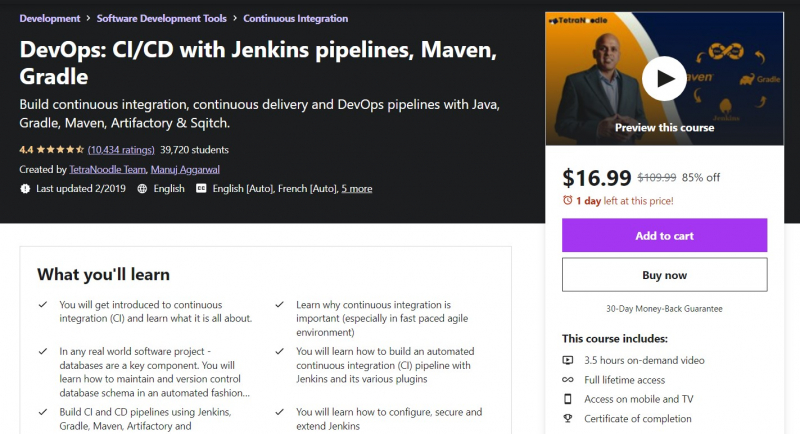
https://www.udemy.com/ 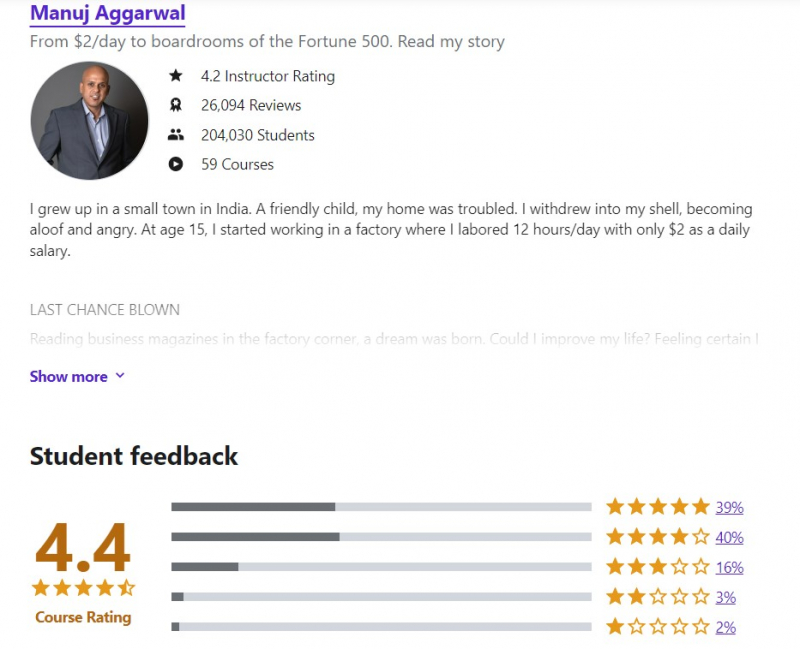
https://www.udemy.com/ -
This course will teach you how to use Gitlab CI for your own projects. You will learn the basics of CI/CD and start building pipelines right from the first lecture.
Some highlights
- Have an overview of the GitLab architecture.
- To create a simple pipeline
- Learn the CI/CD practice by deploying a simple website.
- use Docker images within Gitlab
- Learn how to deploy a Java application to AWS using AWS S3 and AWS Elastic Beanstalk.
Many courses guarantee that you will become an expert. It takes time and effort to become an expert on any tool. It just does not make sense to make such a commitment. It will not be true. This course is intended for beginners. Learning to create pipelines is a painful trial-and-error process. You must understand the tools you use and how GitLab may help you. Finally, GitLab is simply a tool. What they will aim to do is teach you the fundamentals and provide you with enough practice opportunities so that you can easily implement what you learn in your own projects. They'll teach you how to use Gitlab CI to create pipelines. This is one of the best online continuous integration courses. You should try it.
Who is this course for?
- Software developers are learning to build pipelines in order to test and deploy code.
- IT Professionals: Developers, Software Engineers, Application Architects, Infrastructure Architects, and Operations
Requirements:
- GitLab.com account (the free plan works very well).
- basic experience with Linux, Linux commands, and using the terminal.
- Know how to work with Git (basics like configuring a repository locally, cloning, merging, committing, pushing) Admin permissions that allow you to install additional tools (node, npm, Docker, Virtualbox)
- Optional: some basic experience with Docker will be a bonus.
Udemy rating: 4.6/5
Enroll here: https://www.udemy.com/course/gitlab-ci-pipelines-ci-cd-and-devops-for-beginners/
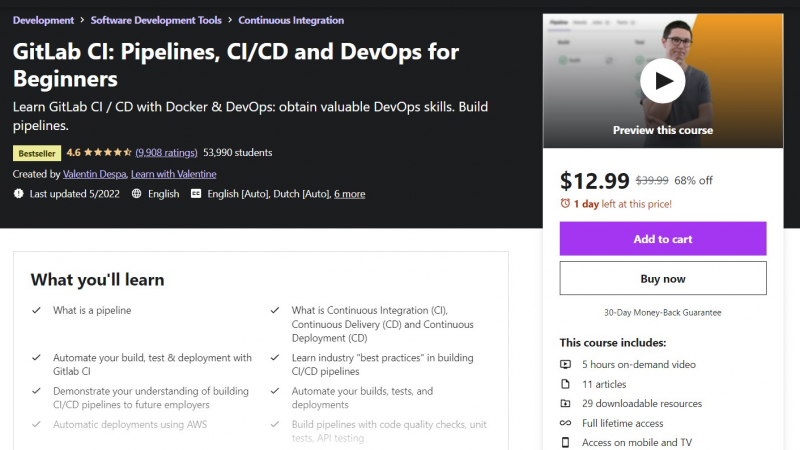
https://www.udemy.com/ 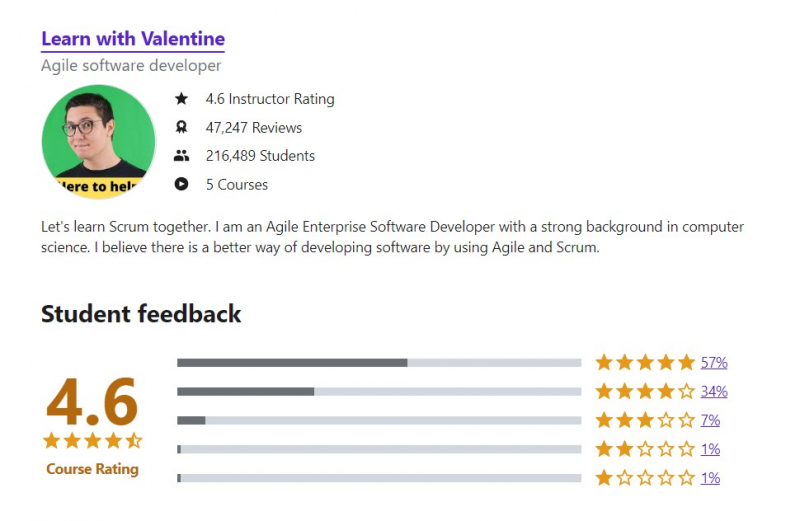
https://www.udemy.com/ -
This course will teach you the principles of CI/CD, which stands for Continuous Integration/Continuous Delivery, and how to apply them to your Android app development process. Deployment is sometimes used instead of delivery, but they both mean the same thing. These abilities are critical for maximizing your career potential in 2019 and beyond, as more and more firms use these development strategies, requiring new employees or freelancers to be well versed in these principles.
CI is the technique of regularly merging all programmers' current working copies to a shared mainline (usually several times a day). Before making a modification, a developer checks out a functioning copy of the code base. As other developers check out and make changes to the source code base, this checked out working copy of the source code base becomes out of date, potentially requiring developers to do more and more work to actually check their finished changes back in to the main repository.
Without CI, merging all of these changes may become extremely challenging, resulting in it taking longer to integrate changes back into the main source code base than it did to produce the change itself. CI aims to solve this issue by requiring all developers to integrate early and frequently in order to decrease rework and, eventually, save money and time. This requires all developers to merge their code back into the main repository many times each day. An extra benefit is that any programmer who is merging changes must build and run (and pass) all unit tests, which are normally performed automatically, implying that the code base is easier to work with and integrate changes into, and therefore possibly more reliable.
Who this course is for:
- Android developers looking to become skilled in the CI/CD process
Requirements:
- The course does not require any previous CI/CD or DevOps experience
- Some basic Git & GitHub experience is desirable
- While this is a CI/CD course, it is oriented to Android developers, so some basic Android development experience is required.
Udemy rating: 4.4/5.
Enroll here: https://www.udemy.com/course/continuous-integration-and-continuous-delivery-for-android-developers/
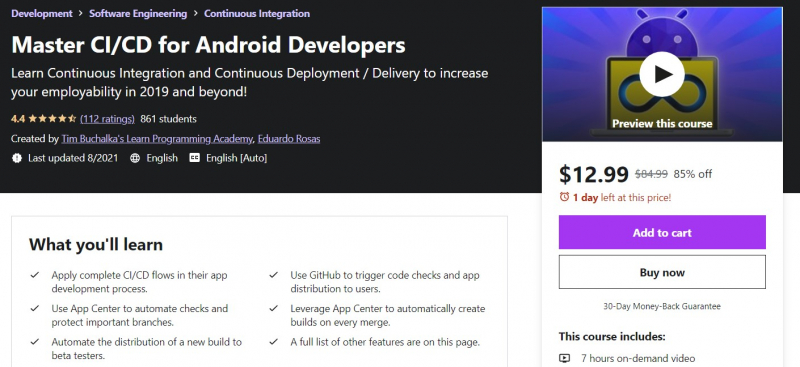
https://www.udemy.com/ 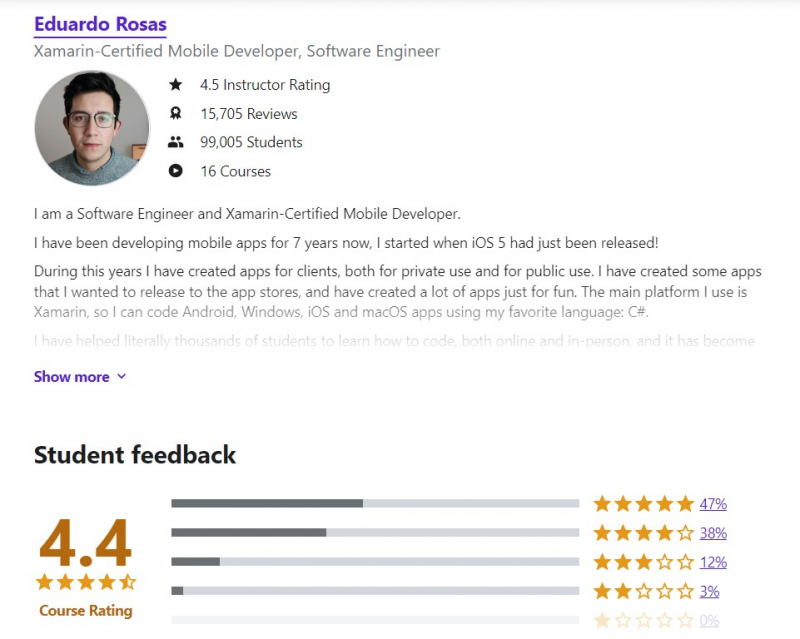
https://www.udemy.com/ -
In this course, you will learn the foundations of CI/CD (Continuous Integration/Continuous Delivery) and how to apply them to your iOS app development process. Deployment is sometimes used instead of delivery, but they both mean the same thing. These abilities are critical for maximizing your career potential in 2019 and beyond, as more and more firms use these development strategies, requiring new employees or freelancers to be well versed in these principles.
This enables CI to guarantee that new software changes are provided to clients more quickly and in a more sustainable manner. It takes the benefits of continuous integration from a development standpoint (automated testing, code check-in, etc.) and allows the actual code base to be built and new releases to be automatically released to the client, effectively meaning a new version can be deployed to the client with the click of a button. While there are additional CI/CD courses available, the majority of them are too broad. This course is entirely designed for iOS developers, so you can directly apply what you learn in your app development process. As a result, the course includes subjects not often covered in other CI/CD courses, such as UI Testing for iOS app development. This is one of the best online continuous integration courses.
Who is this course for?
- iOS developers looking to become skilled in the CI/CD process
Requirements:
- The course does not require any previous CI/CD or DevOps experience.
- Some basic Git and GitHub experience is desirable.
- While this is a CI/CD course, it is oriented to iOS developers, so some basic iOS development experience is required.
Udemy rating: 4.6/5
Enroll here: https://www.udemy.com/course/continuous-integration-and-continuous-delivery-for-ios-developers/
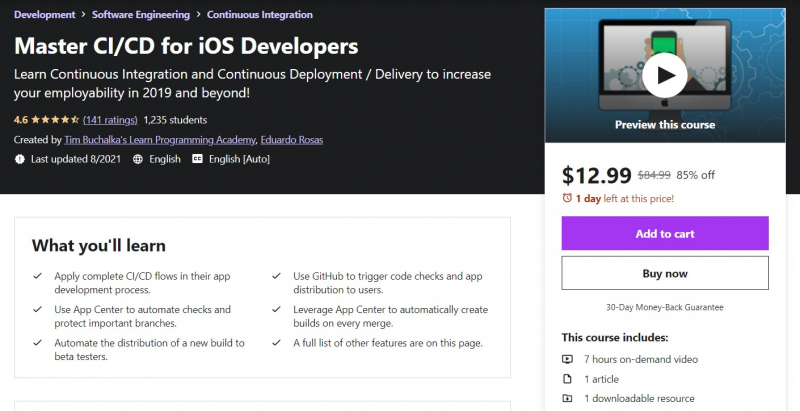
https://www.udemy.com/ 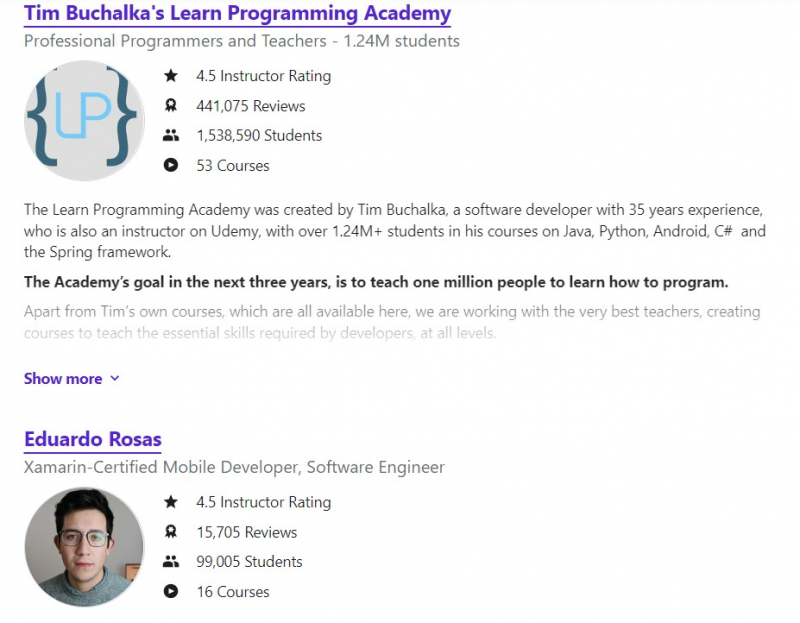
https://www.udemy.com/ -
CI, CD, and DevOps have swept the software development industry. Most businesses now recognize that continuous integration (CI) and continuous delivery (CD) processes will result in significant benefits, such as greater company revenue and shorter time-to-market. The need for these abilities has been continuously increasing in recent years.
There are several technologies available in today's CI/CD/DevOps landscape. Using these tools and frameworks to implement continuous integration, continuous delivery, and continuous deployment will greatly assist us in modernizing their software development lifecycle. It detects bugs early on and improves the overall quality of our software products. As a result, the overall cost of software development for startups and enterprises alike is reduced.
But, before diving into tools and frameworks, it's critical to understand the big picture of CI/CD and DevOps. You must first understand where they began-the old school, traditional software development cycle. They'll pinpoint flaws in the previous approach, discover pain areas, and understand how CI/CD and DevOps evolved step by step. After you've laid a solid foundation with this course, you can progress to more specific tool-oriented courses.This course is for you if you want to transition from your traditional software development methodology to CI/CD/DevOps. Animations are used to assist you in getting a comprehensive understanding of the underlying ideas.
Over the last several years, there has been a steady increase in the need for experts with CI/CD/DevOps experience. Salaries for these abilities have skyrocketed and are only expected to rise more as demand for these skills grows. According to the most recent US employment and pay surveys, professionals with CI/CD/DevOps skill sets may earn up to $150K per year. This is where you begin!Who is this course for?
- Beginners in the CI, CD, and DevOps world are interested in building a strong foundation on the basic concepts.
- Developers, Ops, and analysts who have started to dabble in CI, CD, and DevOps but are unable to get a holistic picture.
- Managers of teams who have started moving or recently moved from the old school to a CI/CD/DevOps model.
- People who prefer crisp explanations of a new concept using illustrations and animations rather than boring and verbose slides.
- Software architects new to CI, CD, and DevOps.
- People who have heard a lot about CI/CD/Devops but are overwhelmed by the breadth of information available, and simply don't know where to start!
Requirements:
- You only need to know the basic software development lifecycle, just at a beginner's level.
Udemy rating: 4.8/5
Enroll here: https://www.udemy.com/course/ci-cd-devops/
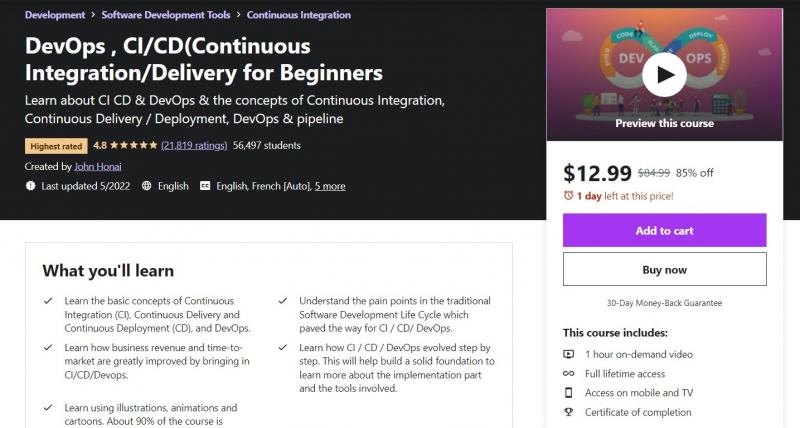
https://www.udemy.com/ 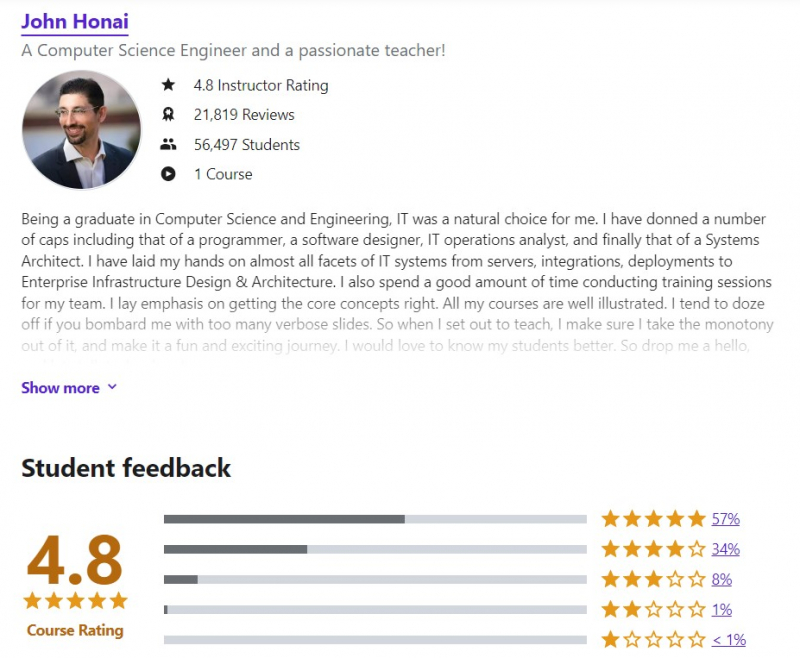
https://www.udemy.com/ -
Perhaps you've heard the phrases "continuous integration" and "continuous delivery" before but haven't taken the time to learn what they imply or how they might benefit you as a developer. Perhaps you've heard of DevOps, but it's not something your firm does. Maybe you're familiar with source control and git, and you've always wanted to discover ways to automate the build process. Or perhaps none of this matters to you (yet). Whatever brought you here, you've found a course that will put you on the fast track to learning what Continuous Integration (CI) and Continuous Delivery (CD) are all about. This brief course is intended to introduce you to the principles and provide you with an understanding of why you should use them in your business. Developers with these talents are in high demand for good reason.
Proper CI and CD implementation in the workplace results in procedures that may save time, allowing firms to release software more frequently, resolve issues faster, and send builds to consumers faster, all with more control than you may have imagined was feasible. The bottom line is that the corporation will profit more, and developers will become more valuable as a consequence. It is possible to totally automate the build process of your company's software projects, regardless of the size or number of engineers on your team. Not only that, but depending on whether your apps are web-based or mobile-based, you may totally or partially automate the deployment process. CI and CD are not simply buzzwords; they provide significant benefits to anyone who utilizes them.
This course will teach you precisely what these advantages are and how to get started. Furthermore, you will learn what DevOps is and why it is so important in CI and CD. The course is primarily intended for developers who want to take a fast course to learn the principles of why they should embrace the practices, allowing them to go on to more technical, hands-on courses or training using the specific technologies appropriate for their business. Having said that, this course covers a variety of the most common tools used by developers, as well as a case study that shows an application being set up for CI and CD from start to finish.Who is this course for?
- Programmers wanting to find out about how Continuous Integration and Continuous Delivery work and the benefits it brings them as developers
- Anyone looking for a quick overview of the process of CI and CD
Requirements:
- A basic understanding of development is desirable.
- No real programming experience is needed.
Udemy rating: 4.5/5
Enroll here: https://www.udemy.com/course/introduction-to-continuous-integration-and-continuous-delivery/
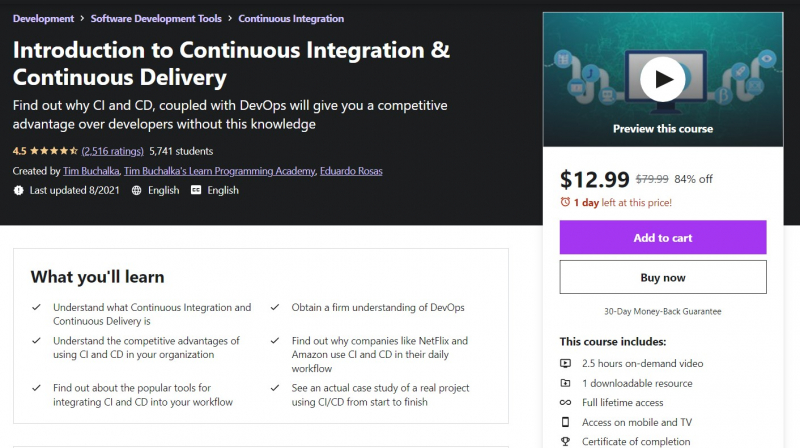
https://www.udemy.com/ 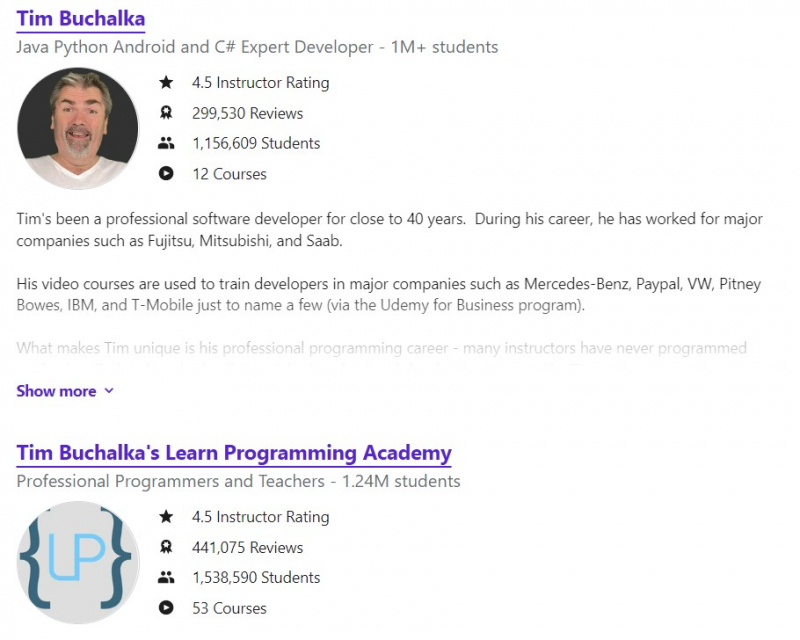
https://www.udemy.com/ -
Did you know that Octopus Deploy is used internally by Microsoft, NASA, and Stackoverflow? TeamCity and Octopus Deploy are contemporary, feature-rich, and adaptable technologies that enable software development teams to rapidly and efficiently start their Continuous Integration and Delivery Systems (CI/CD). Learn the critical skills of Continuous Integration and Delivery that any developer or DevOps engineer must have.
The course is structured into four sections:
- TeamCity Level 1 for absolute beginners of TeamCity
- Octopus Deploy Level 1 for you to quickly launch your CI/CD
- TeamCity Level 2 covers advanced topics of TeamCity
- Octopus Deploy Level 2 covers advanced topics such as Life Cycles, Cloud Support and Channels
There is no prerequisite knowledge of TeamCity, Octopus Deploy, or CI/CD. There is no need for an AWS or Azure account. Everything may be configured on your home PC. This course not only teaches you how to construct a CI/CD system, but it also shows you how to deploy a CI/CD system for FREE! If you follow the architecture presented in this course, no license is necessary. The course was created by a CI/CD professional who has deployed CI/CD using TeamCity and Octopus Deploy for a number of well-known enterprises. This is one of the best online continuous integration courses.
Who this course is for:
- All developers e.g. Java, .NET, PHP etc
Requirements:
- No pre-requisite is needed
Udemy rating: 4.2/5
Enroll here: https://www.udemy.com/course/mastering-cicd-with-teamcity-and-octopus-deploy/
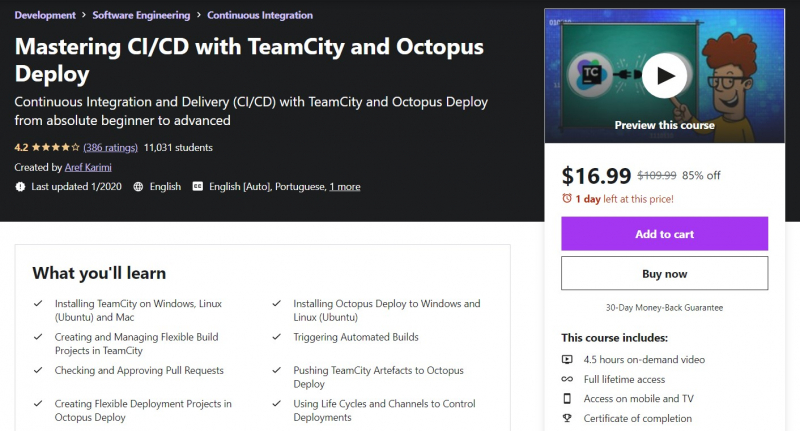
https://www.udemy.com/ 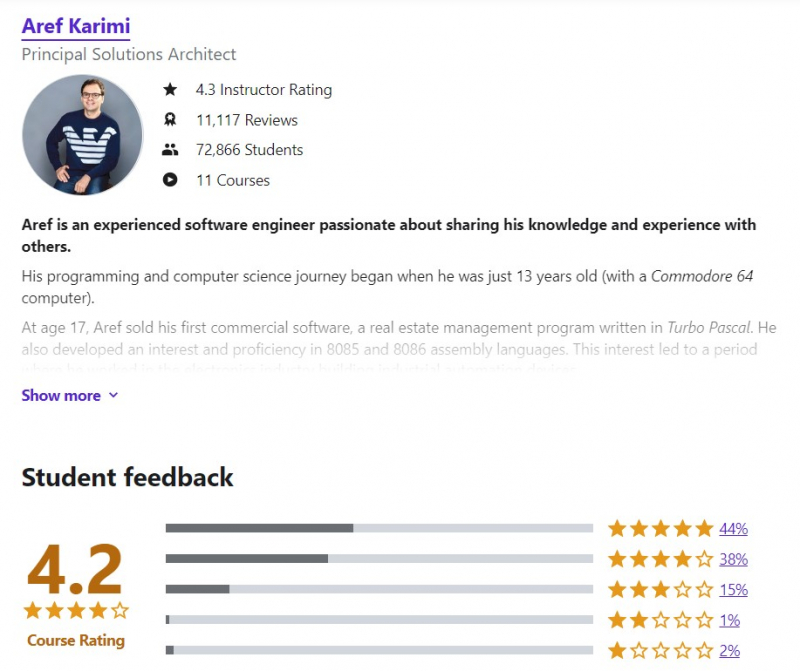
https://www.udemy.com/














